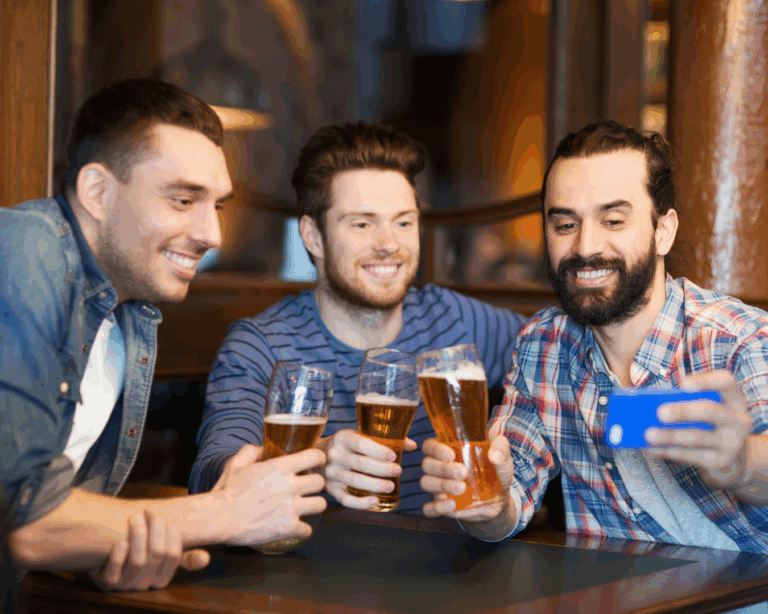Many people use social media as a way of staying in contact with friends and family, however it is important to remember that any photos and comments you share online will become publicly visible regardless of your privacy settings.
Even seemingly harmless posts may be used against you in a DUI prosecution. A picture of you drinking from a beer bottle or your check-ins at bars could be misconstrued by the prosecution to demonstrate guilt.
Incriminating Statements
Social media posts may be used by the prosecution as evidence in a DUI trial, provided they are relevant and properly authenticated (i.e. they can be reliably linked back to you). Even deleted posts may still spread online and be found by others, and taken out of context during court proceedings. Statements such as those about alcohol consumption or details surrounding your arrest could also be used against you as evidence against you.
If you are facing DUI charges, it is wise to refrain from posting anything online which might be used as evidence against you or that could compromise your defense. Also ask friends and family not to discuss it publicly on social media as any discussion could violate court orders and incur legal consequences that further complicate your defense case. Prosecution attorneys may even check out what has been posted online by these friends and family regarding your DUI case.
Deleted Posts
Misconceptions about social media posts that are private may include that they cannot be used against you in court, however this is far from accurate. Law enforcement can access private accounts and may use screenshots from others who reposted any incriminating material that has since gone viral online; furthermore once something is posted it remains online forever so any attempt at deletion may only backfire and make matters worse for your case if police suspect that evidence has been erased intentionally.
As an example, a woman who live tweeted and Periscoped herself drinking and driving while also Periscoping from her car while drunk could face charges of DUI. Videos showing you partying or making off-color jokes regarding alcohol or reckless behavior could provide counter evidence against your claim that you’re sorry and seeking rehabilitation; thus it would be prudent not to post anything online before consulting with a criminal defense attorney first.
Contrary Statements
No matter your privacy settings, information shared on social media can easily be misconstrued by others. If you are facing DUI charges, comments made on social media that contradict what was told to the police can be used against your defense and reduce chances of success in your defense case.
As an example, it would be unwise to live tweet your night of drinking with friends and then driving home afterward. If someone were watching your Periscope stream and you claimed you were drunk while driving home after, that live video could be used against you in court. Furthermore, posts or photos depicting alcohol consumption during the time leading up to arrest can also be used against you in court – thus it would be prudent to avoid such content altogether; even posting an image with a drink in hand can serve as evidence against you.
Past Posts
Most people understand the importance of refraining from posting evidence on social media. Posting something like, “Toasted/Wrecked after drinking and driving”, could damage your case in court.
Remember, even past posts you made can be detrimental to your DUI case. Prosecutors may scrutinize them even if the account was set as private – even if a post or message can only be seen by authorized users.
Associating yourself with law enforcement or anyone involved in your case on social media sites can provide them with easy access to any posts you’ve made that reveal information related to your defense strategy, potentially undermining efforts of your lawyer. You should also notify friends and family not to share anything online about your case as this can create strain between relationships as well as jeopardize it.
